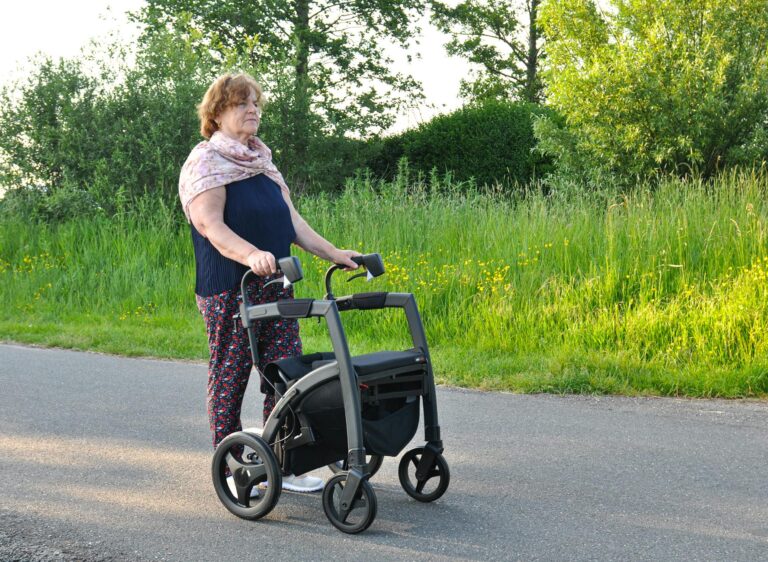As we age, one of the greatest fears we have is developing dementia. This neurological disorder affects millions of people worldwide and can greatly impact their quality of life. While there is currently no cure for dementia, research is constantly being conducted to understand the disease better and potentially prevent it.
One question that often arises is whether staying up-to-date with vaccinations can help prevent dementia. In this article, we will explore the connection between vaccinations and dementia, and how you can stay on top of your immunizations to potentially reduce your risk of developing this debilitating condition.
First, let’s understand what dementia is and how it develops. Dementia is a broad term used to describe a decline in cognitive function, including memory loss, thinking skills, and problem-solving abilities. It is most commonly associated with Alzheimer’s disease, which accounts for 60-80% of dementia cases.
The development of dementia is a complex process that involves various factors, including genetics, lifestyle choices, and environmental factors. One theory suggests that chronic inflammation in the brain may play a significant role in the onset and progression of dementia. This inflammation can result from various infections and diseases, including those prevented by vaccinations.
So, does staying up-to-date with vaccinations help prevent dementia? While there is no definitive answer yet, several studies have shown promising results.
A study published in the journal Neurology found that individuals who received the flu vaccine at least once were 17% less likely to develop Alzheimer’s disease than those who did not receive the vaccine. The researchers also noted that repeated vaccinations over several years provided even more significant protection against the disease.
Another study published in the Journal of Alzheimer’s Disease looked at the link between pneumonia vaccination and the risk of developing Alzheimer’s disease. The results showed that individuals who received the pneumonia vaccine had a 25% lower risk of developing Alzheimer’s disease compared to those who did not receive the vaccine.
These studies suggest that vaccinations, particularly those for the flu and pneumonia, may help reduce the risk of developing dementia. But why is this the case?
Vaccinations work by introducing a small, weakened or dead form of a virus or bacteria into our bodies. This prompts our immune system to produce antibodies to fight off the infection. These antibodies remain in our system, providing protection against future infections.
When it comes to dementia, vaccinations may help prevent chronic inflammation in the brain caused by infections. By receiving vaccinations, we can potentially protect our brains from inflammation and reduce the risk of developing dementia.
Aside from the flu and pneumonia vaccines, there are other vaccinations that may have a protective effect on the brain. For instance, the measles, mumps, and rubella (MMR) vaccine has been linked to a reduction in the risk of developing Parkinson’s disease, which is a type of dementia.
It is essential to note that these studies do not prove that vaccinations directly prevent dementia. However, they do suggest that there may be a link worth exploring further. It is also important to keep in mind that receiving vaccinations does not guarantee complete protection against dementia. Other factors such as genetics, lifestyle choices, and overall health also play a significant role in the development of dementia.
So, what can you do to stay up-to-date with vaccinations and potentially reduce your risk of dementia?
First, it is crucial to follow the recommended vaccination schedule for your age group and health condition. This schedule includes routine vaccines such as the flu shot, tetanus, and shingles vaccine for older individuals.
Additionally, it would be best to discuss any concerns or questions you have about vaccinations with your healthcare provider. They can provide you with personalized recommendations and address any misconceptions or fears you may have.
In conclusion, while more research is needed to fully understand the connection between vaccinations and dementia prevention, there is evidence to suggest that staying up-to-date with immunizations may have a protective effect on the brain. By receiving routine vaccinations, we can potentially reduce the risk of chronic inflammation in the brain, which has been linked to the development of dementia. However, it is essential to remember that vaccinations alone cannot prevent dementia, and it is crucial to maintain a healthy lifestyle and monitor any changes in cognitive function as we age.





